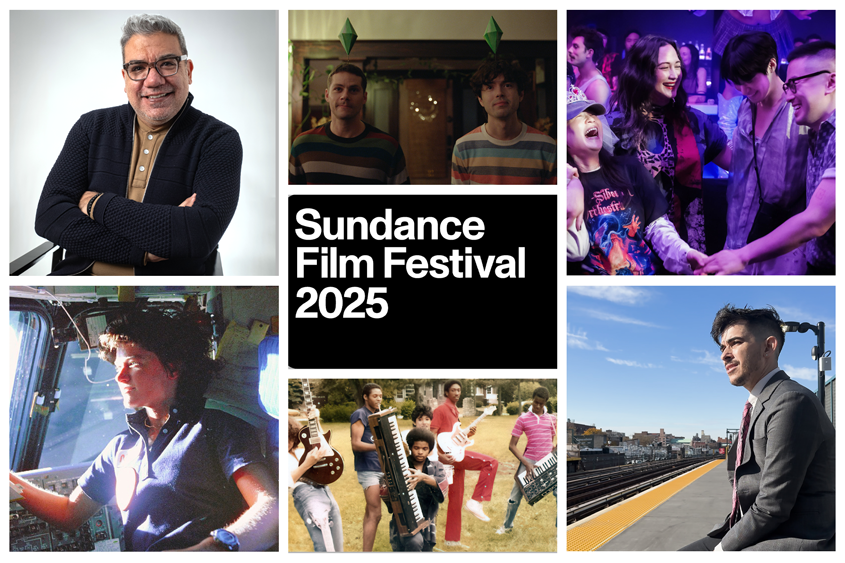The Sundance Institute named Eugene Hernandez as Sundance Film Festival Director of the Park City-based (for now) fest in 2022. He previously worked as the Festival Director at the New York Film Festival and is a Member-at-Large of the Academy of Motion Picture Arts and Sciences and serves on the board of advisors for SXSW, SeriesFest. He also co-founded and served as Editor-in-Chief of IndieWire. With over 25 years of experience, Hernandez is the fourth person to hold the position of Sundance Film Festival Director since 1991.
“I remember my first Sundance in ’93 and films by Todd Haynes, Jenny Livingston, and Greg Araki deeply influenced compelled me, someone who was just out of UCLA,” said Hernandez in a recent interview with GLAAD. “Sundance has always been a snapshot of of queer stories and is such an important gathering place for the community.”
Hernandez mentions that Jenni Olson started a queer brunch in the mid ’90s with about 20 to 30 people at Grub Stake. Over the years it has grown and at one point included 300 people at the event. “I think that shows the arc of Sundance’s connection to queer storytelling,” Hernandez points out.
This year the fest takes place January 23 through February 2 and the lineup includes numerous LGBTQ films, shorts, and episodic projects (read the lineup here). With films like Sam Feder‘s Heightened Scrutiny, a documentary which follows civil rights lawyer and trans rights activist Chase Strangio as he battles a storm of anti-trans legislation in the courtroom and in media — a hot button topic more now than ever.
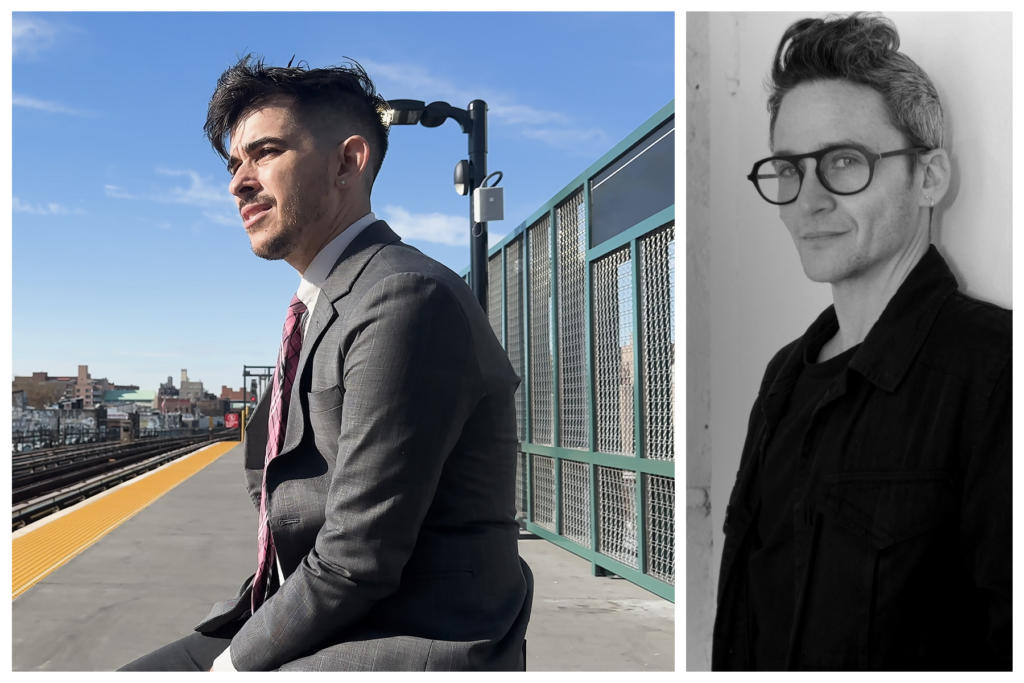
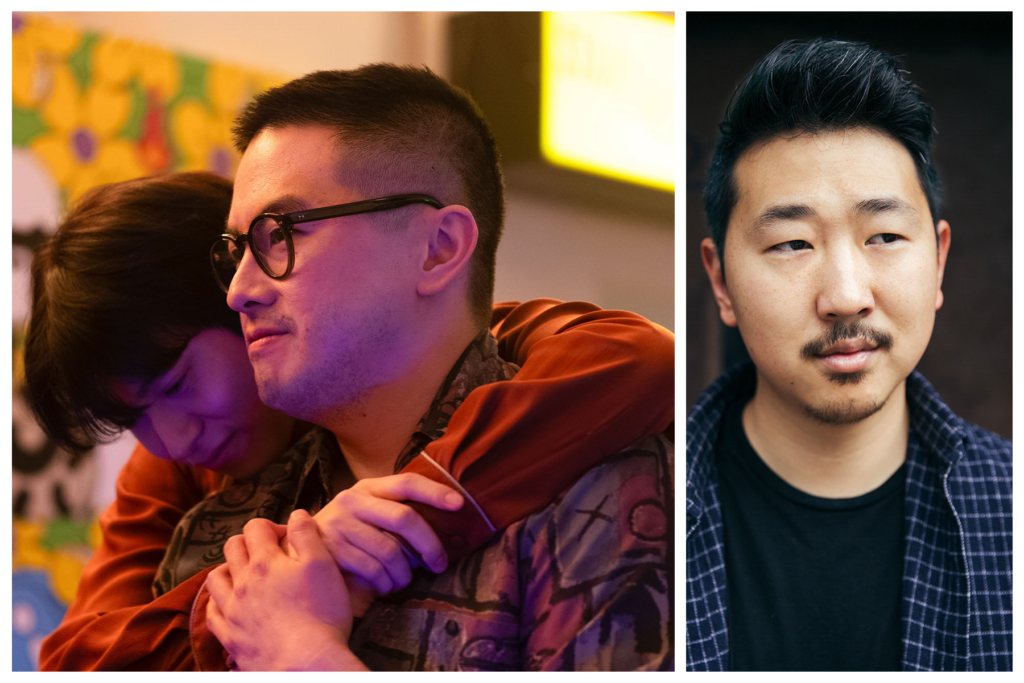
Hernandez says that the process for programming begins right after the festival ends. This year, they received 16,000 submissions and as they sort through films in the early process queer stories start to show themselves. There are LGBTQ films they track like Andrew Ahn‘s redux of The Wedding Banquet but Hernandez also mentions that when spring comes around, certain titles become buzzy.
The Sundance team is also aware of the anti-trans laws in Utah and Hernandez talked about how the festival is keeping attendees safe and holding space for all communities. “Putting aside legislation, the audiences in Utah have always been inviting, encouraging, curious, open, and engaged — especially the screenings we have in Salt Lake City.”
Read the full interview below.
Sundance has always been a festival that has championed LGBTQ stories. How does this year’s lineup reflect on where we are now with queer inclusivity?
There’s this mystery quotient to the programming process. It’s what’s gonna come that we just weren’t expecting or didn’t know about. The process of surveying the world around queer cinema and queer stories is always very enlightening for us, especially when we get into the second half of the year — from July into November, when everything starts coming inn and we’re starting to see the films that look like they’re going to be ready for us. By October or November, when we make our decisions, we’re like, “Wow, okay. This is what LGBTQ+ artists are telling us. These are the stories that they’re bringing forward.”
For instance — Heightened Scrutiny that’s a film that’s still taking shape, because of the arguments at the Supreme Court that took place just a few weeks ago, but I bring it up in that way to say, it’s always very revelatory. The whole process is very revelatory for us, because it shows us what stories and approaches fiction and non fiction artists, are really prioritizing,
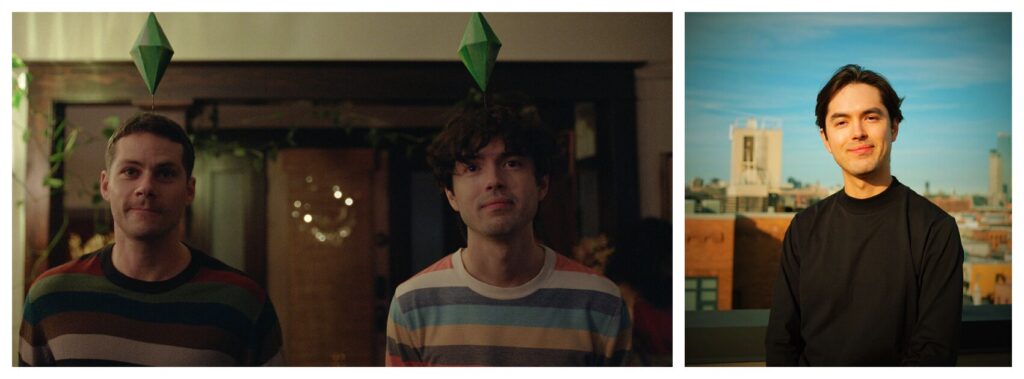
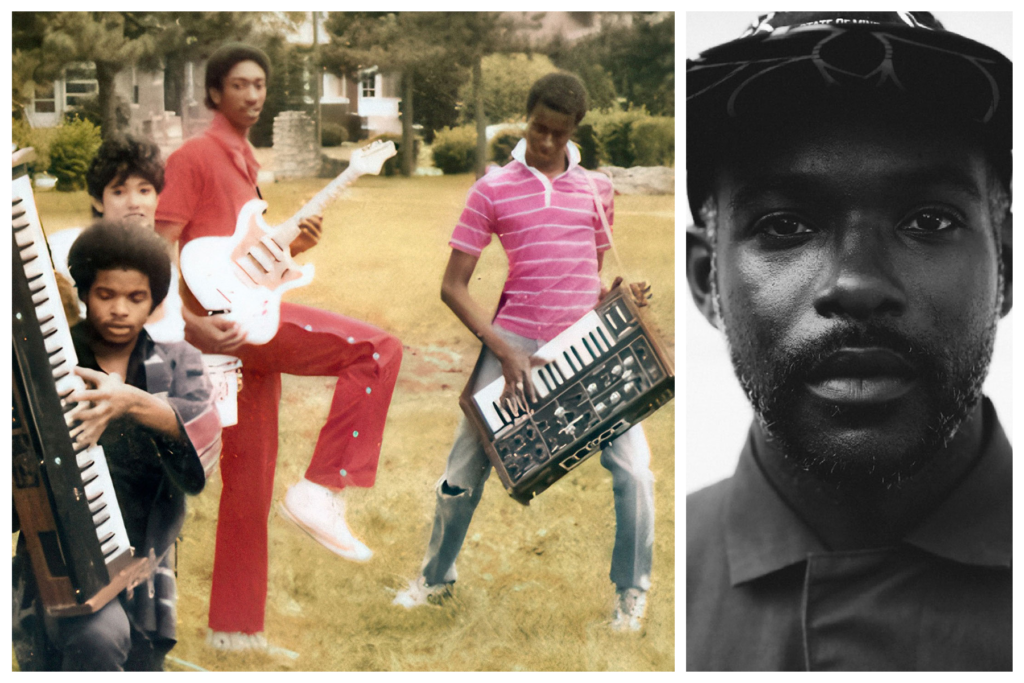
What are one of the LGTBQ titles you are looking forward to at this year’s Sundance?
Twinless is such an exceptional work. I can’t wait to meet (director) James Sweeney. He is just such a multifaceted force. The script is just so sharp; the performances are great, and the tone of the film is somber but also darkly funny. I think that film in our competition is an exciting debut and an exciting discovery for folks who might not know James and his work. It’s an amazing discovery for all audiences. I’m not surprised to see the film is already selling so well, and people are excited about it.
I’ve been tracking Elegance’s Move Ya Body: The Birth of House for a little bit now. They’ve spent years on this film, adding layers, and really looking at at this, this movement. It’s not just about house music and Chicago. It’s also about queer spaces, queer people and queer artistry.
There’s so much so much discovery about to happen in this program there’s Plainclothes (Carmen Emmi) and also Nyle DiMarco becoming a filmmaker with Deaf President Now!. We talked about Heightened Scrutiny — what Sam is doing with that film is so relevant and timely right now. It makes it even more essential,. There’s Sauna which is a little bit dark, a little bit racy, but also really revelatory. And also SALLY (Cristina Costantini)– wow — this whole other side of this woman’s life. We didn’t even learn about how she had to inhabit and navigate straight male world — and she did it.
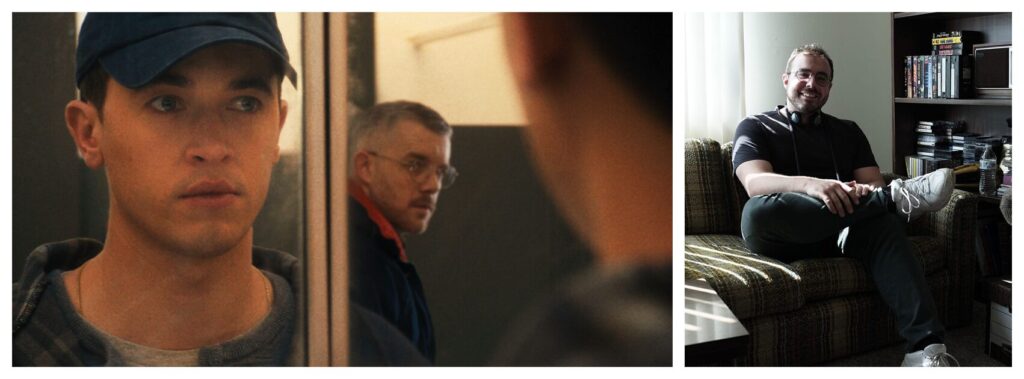
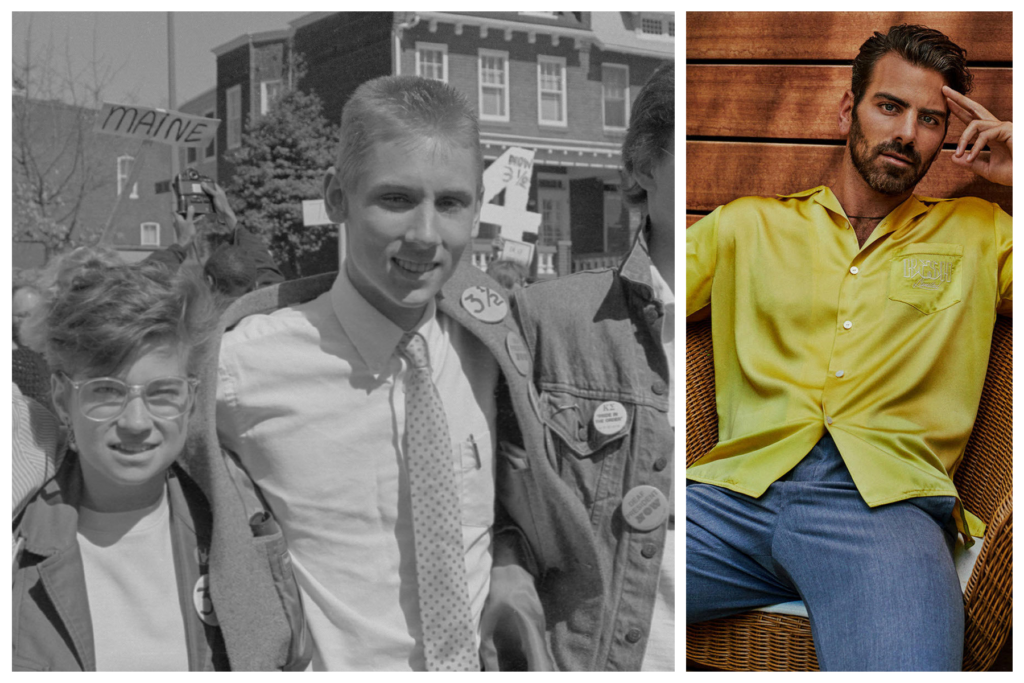
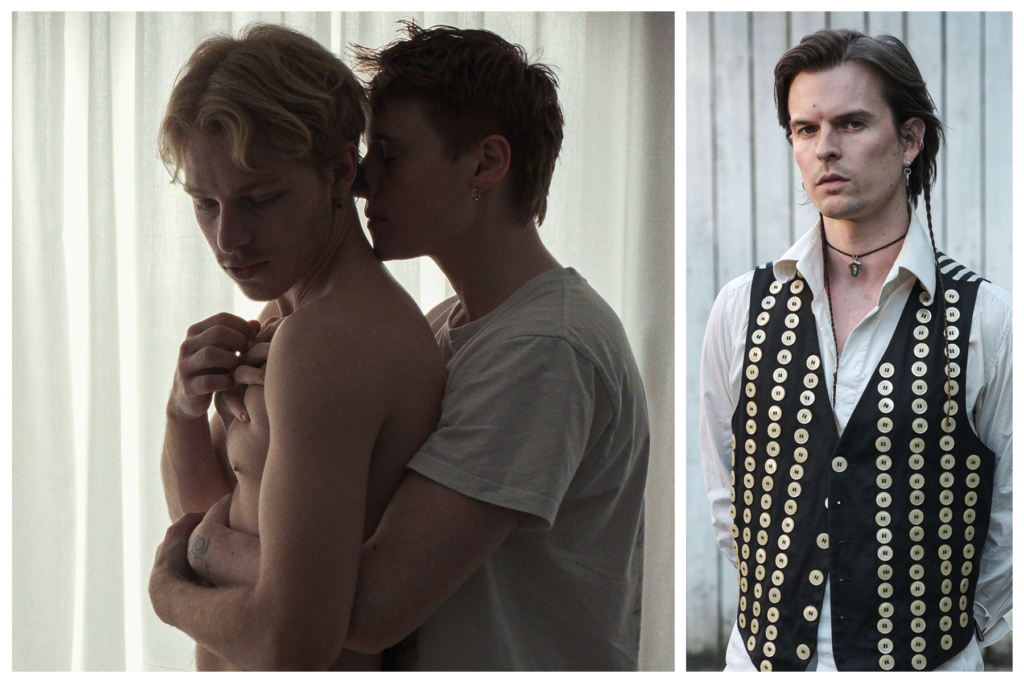
How do you think the strikes and now the LA wildfires will impact this year’s festival season?
This has been a moment… let’s just take the last five years, right? Think about what our view was in January 2020. We didn’t know what a pandemic was. Parasite was about to win Best Picture… we didn’t see the dramatic changes that were about to impact the world. So what I feel strongly about Sundance and the independent film community is that artists are resilient. I deeply feel this is a year of renewal at Sundance and it was underscored by what we’ve all just gone through in Los Angeles [with the wildfires]. We have multiple artists who have lost homes, who have been displaced — who had to literally run out of their their their their homes with their film on hard drives to get their film to this festival. So if you need any better example of how resilient artists are, it’s that.
These are films that have taken years to make. Like Ira Sachs film looking back at at Peter Hujar’s life (Peter Hujar’s Day) or Jimpa, from Sophie Hyde. There’s so many stories of resilience, or stories that required tremendous resilience to come to the screen. I think that we will see so much discovery in this year’s festival that I think there will be a feeling of renewal. Some of the artists I’ve spoken with who have been displaced or disrupted are looking forward to those moments of community because. We’re imploring to keep pushing forward and creating this space because these films they’ve been working on for years. Despite their personal loss, they want to keep looking forward. I think that’s something that has been very clarifying for me the past week.
Audiences have shifted. It’s been challenging for nonprofit organizations and for artists, first and foremost. This has been a tough few years and and it might be a challenging few more years ahead of us, but, I think that the opportunity to come together as a community at the festival will be very nourishing for all of us.
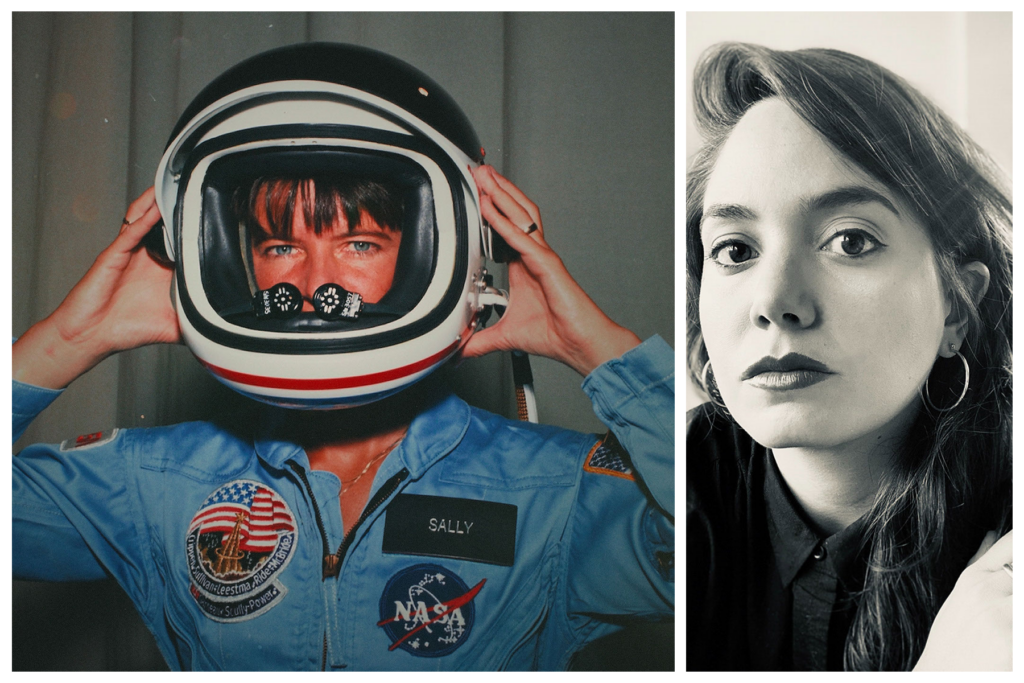
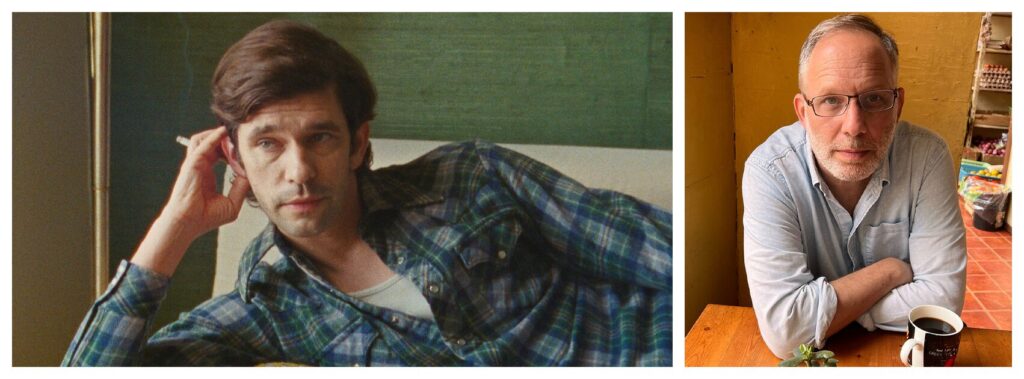
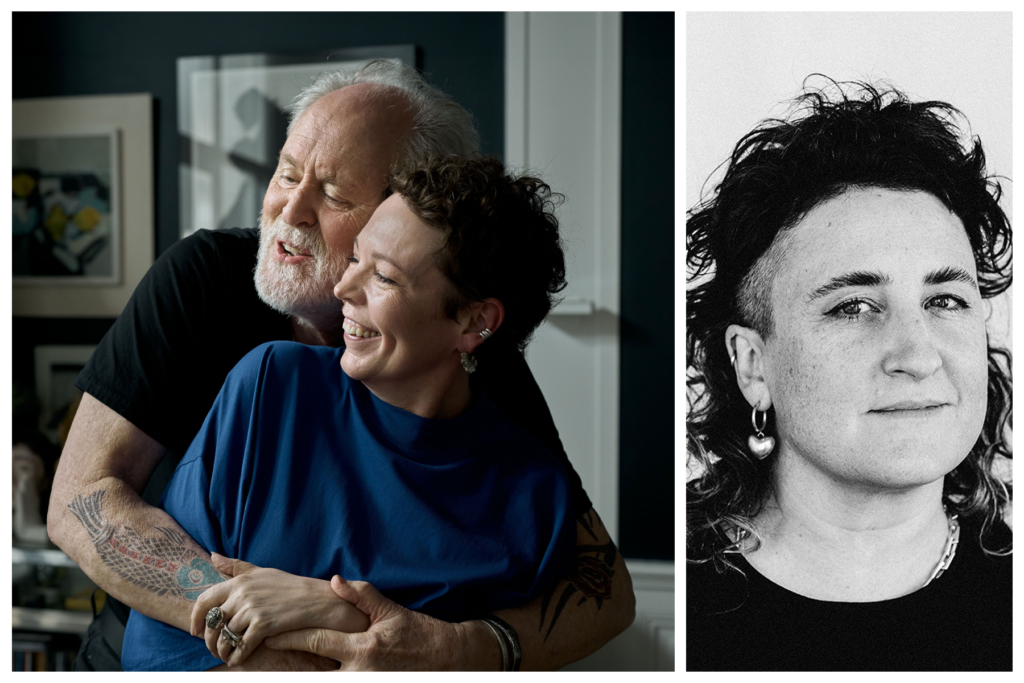
Considering the administration coming in, Utah’s trans bathroom bill, and the current socio-political climate, why do you think film festivals like Sundance are important for the LGBTQ community and other marginalized voices?
That’s a great question. It’s like the fundamental question. It’s a good one to it opens up so many areas of conversation. I’ll start with the queer programming and build on what I was saying earlier, because I think Sundance is such an important haven, safe space, and a gathering place for queer people. I mean queer stories. It’s as a queer festival. If I could speak for Kim Yutani as well, both of us came out of UCLA and grew up in Southern California and Sundance was always this beacon. It was a place that showed films that were informing, and also, shaping how I saw media and culture — this was in the mid ’80s when I was in college.
So if you think about everything that was happening in that moment, it was independent stories coming from independent artists. Those stories informed how I thought about myself, my culture, being a Chicano kid growing up in Indio… so much of my identity was shaped by what I was seeing reflected on screen before I went to Sundance. And then when I went to Sundance, it was like, “Oh my God!” — everything I’m seeing on the screen, the people I’m sitting in the theater with, the people I’m meeting — I found my community.
I think that’s a really important part of what Sundance aspires to hold on to. You mentioned the bathroom bill in Utah. With the hard work of GLAAD, Troy Williams from Equality Utah, and our colleagues here at Sundance, we spent a lot of time talking with local officials and making sure that we’re clear that Sundance can remain a safe space.
We make sure that our artists, community, and the vitality of queer spaces at this festival remain as as open and free as they’ve ever been. The buildings we use are safe and all of our artists, staff, and guests are able to choose the facilities and spaces that they want for themselves. Thankfully, we’re not screening films in government owned buildings with changing rooms but it’s unfortunate. We don’t want our audience to ever feel anything but safe, included, and invited.
Film festivals are more important than ever right now, I’m clearly biased, because I’ve run this and previous festival but I really believe that this is a time when, like media is evolving. You have other distribution platforms taking shape and how we consume media and entertainment. Festivals are can be grounding moments, gathering places, and in the case of Sundance, an opportunity for discovery will bring us forward.

